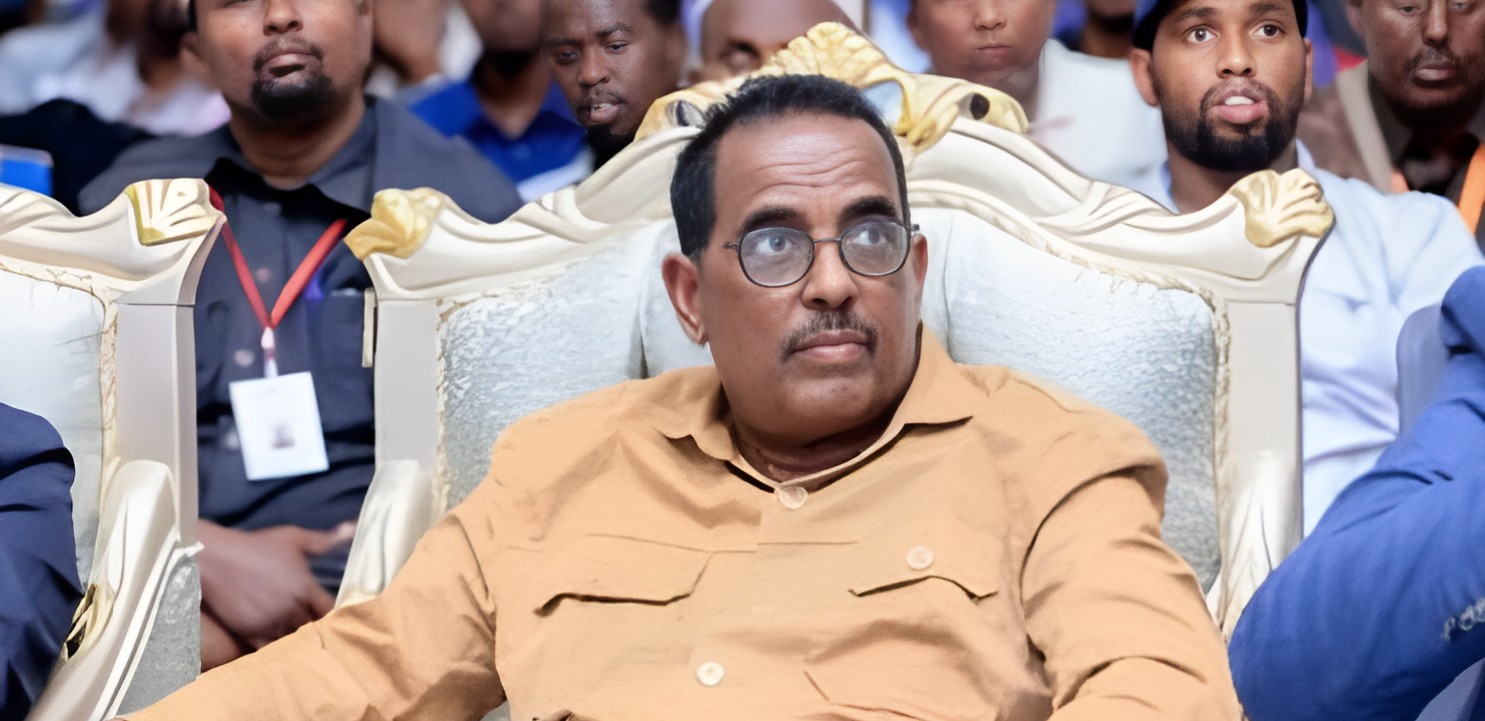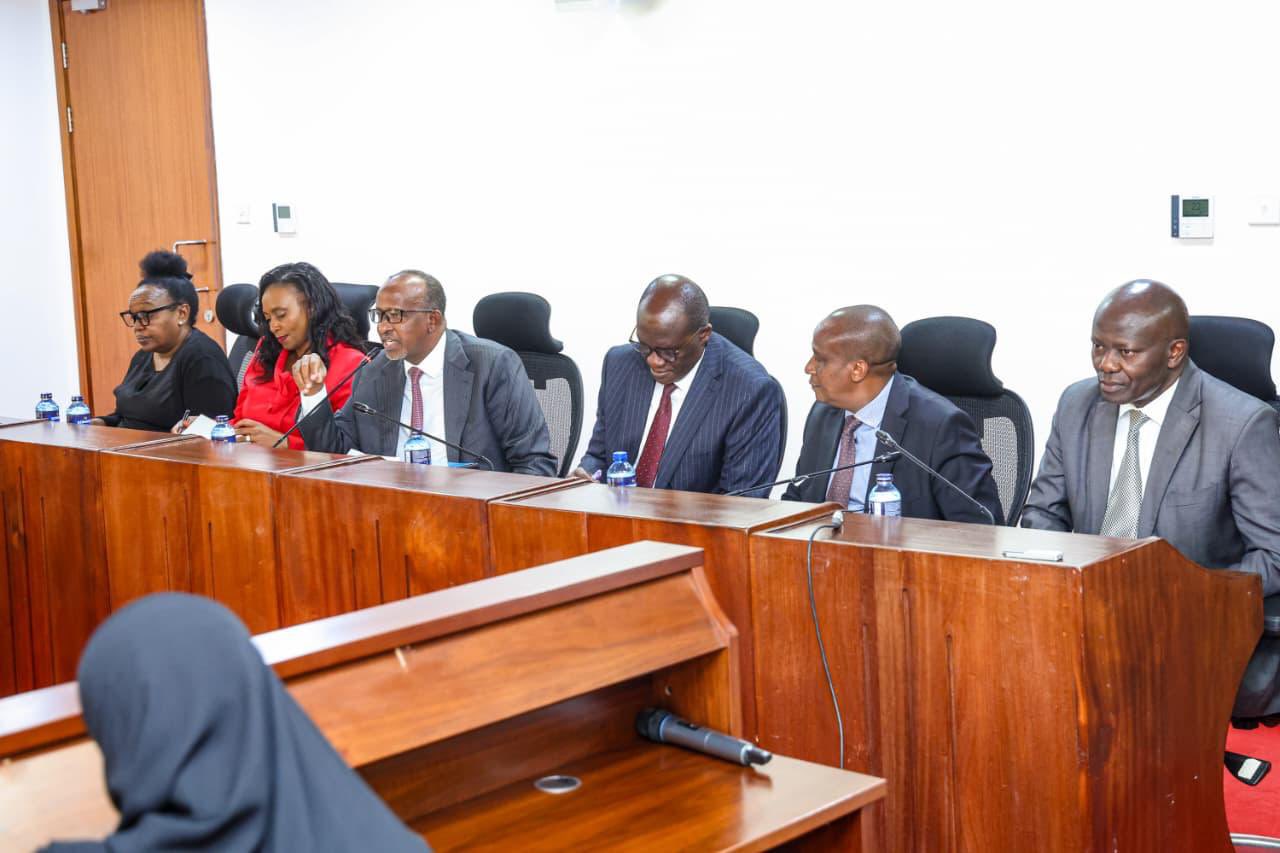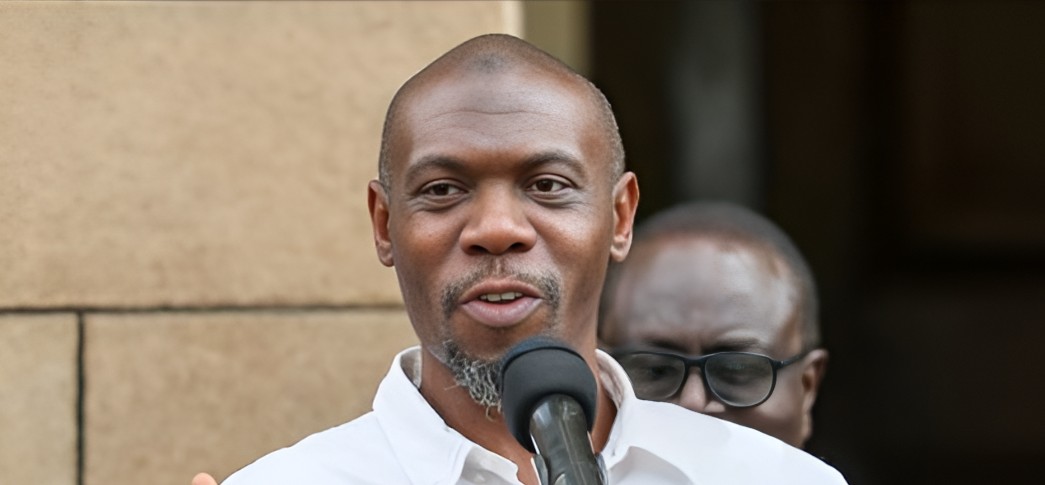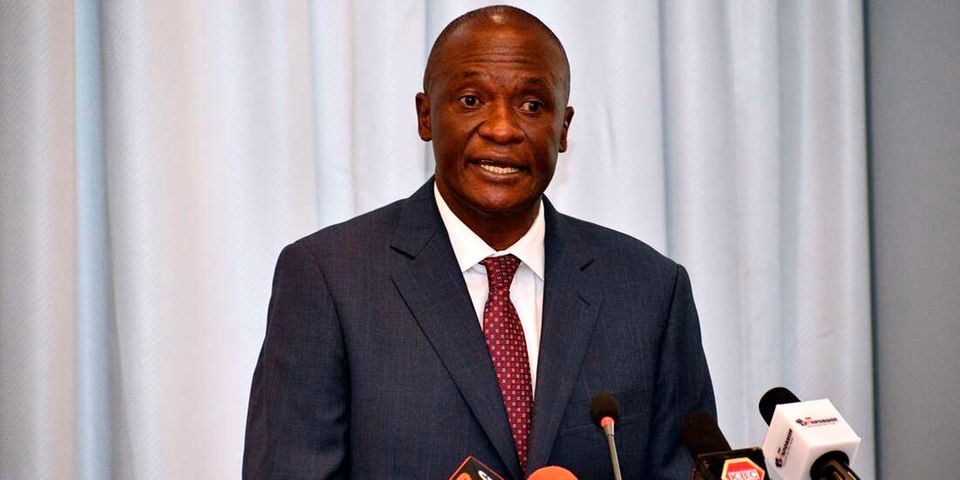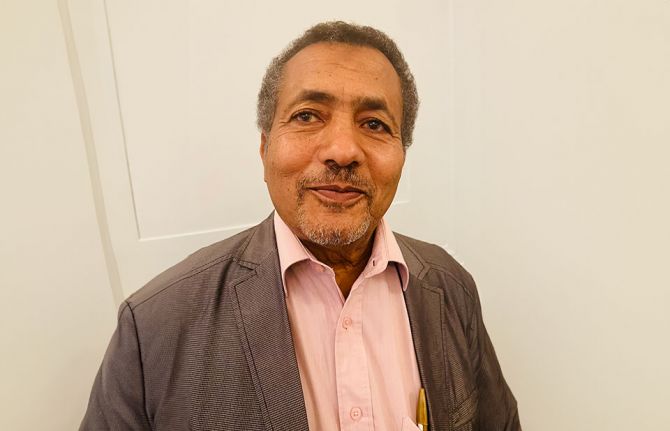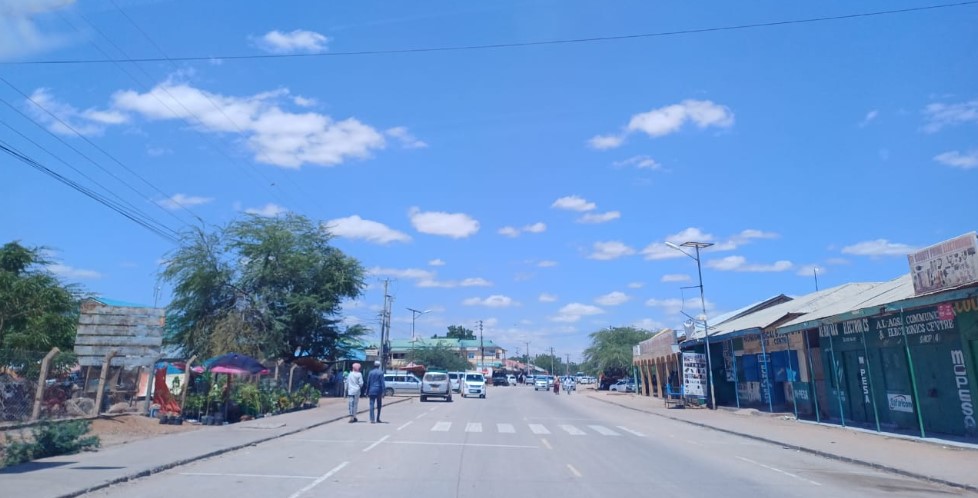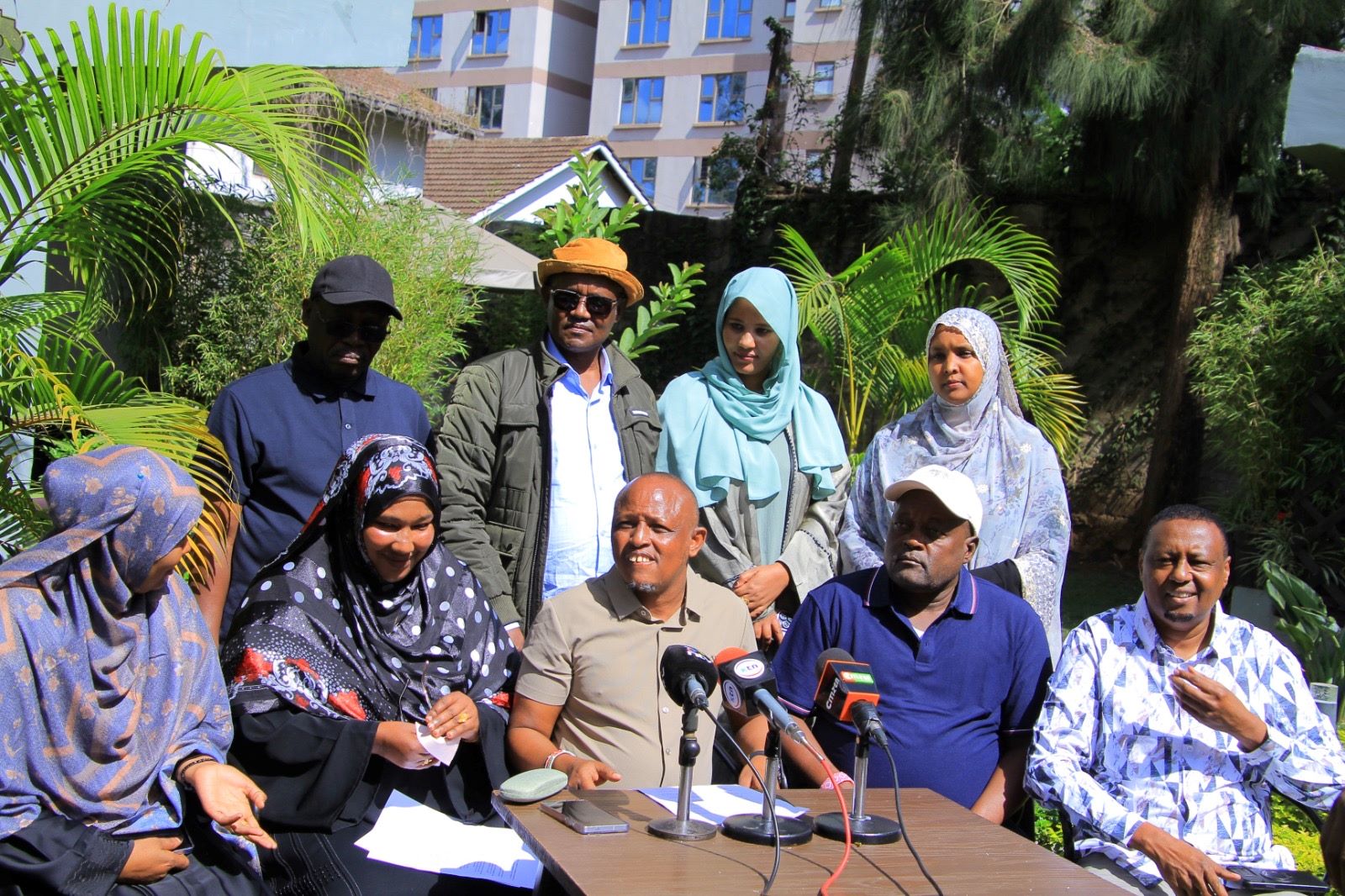Ethiopia-Eritrea border reopens after five years
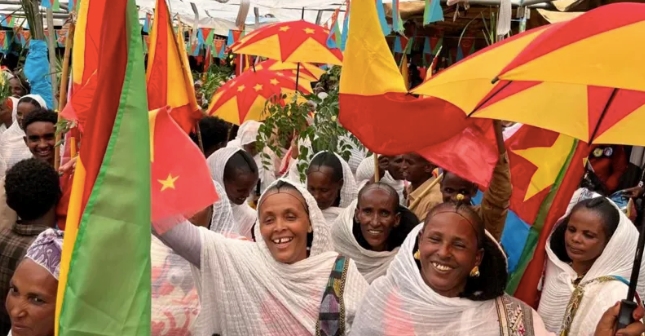
Political tensions and military confrontations led to the militarisation and sealing off of the border, separating communities that had long depended on each other socially and economically.
Communities along the Ethiopia-Eritrea border celebrated a historic reopening of the border section near Zalambessa on Sunday, marking the first time in five years that families and friends separated by conflict could reunite.
The border had been closed since the outbreak of Ethiopia's northern Tigray conflict in late 2020, a war that severely strained relations between Ethiopia and Eritrea.
More To Read
- Ethiopian-based Afar group holds meeting in Semera, escalates standoff with Eritrean government
- Ethiopia accuses Eritrea, TPLF faction and armed groups of plotting ‘major offensive’
- Ethiopian PM Abiy Ahmed pushes for sea access, avoids war - for now
- Ethiopia's Red Sea gambit: Why Somaliland remains prime option
- Commentary: Worse than evil; how stupidity fueled Ethiopia into raging inferno
- AI research group warns social media hate speech risks reigniting Ethiopia-Eritrea war
Political tensions and military confrontations led to the militarisation and sealing off of the border, separating communities that had long depended on each other socially and economically.
Over 55,000 people displaced by the war are currently residing in temporary shelters in Adigrat, roughly 30 kilometres south of Zalambessa, depending largely on family support and humanitarian aid to get by.
The BBC reported that Sunday's event was spearheaded by grassroots organisers and community elders, acting independently of formal government support, though they claimed to have received unofficial approval from authorities in both Tigray and Eritrea.
The reopening has also revived cross-border trade, with people using both Ethiopian birr and Eritrean nakfa in local markets.
However, Zalambessa's infrastructure, including communication and banking systems, remains severely damaged, needing substantial funding for rehabilitation. Vital services like water supply, healthcare, and education are being gradually restored through the combined efforts of local residents and external donors.
"Enough of the past, let's sit at the table of peace and build a better future," residents chanted on Sunday. Relations between Ethiopia and Eritrea have historically been fraught since Eritrea's independence over 30 years ago.
The border was formally reopened in 2018 following a landmark peace agreement between Ethiopian Prime Minister Abiy Ahmed and Eritrean President Isaias Afwerki, a deal that won Abiy the Nobel Peace Prize.
However, the subsequent Tigray conflict stalled progress, closing the border once again.
It remains unclear whether the initiative will evolve into broader political reconciliation between the Ethiopian and Eritrean governments.
Top Stories Today
